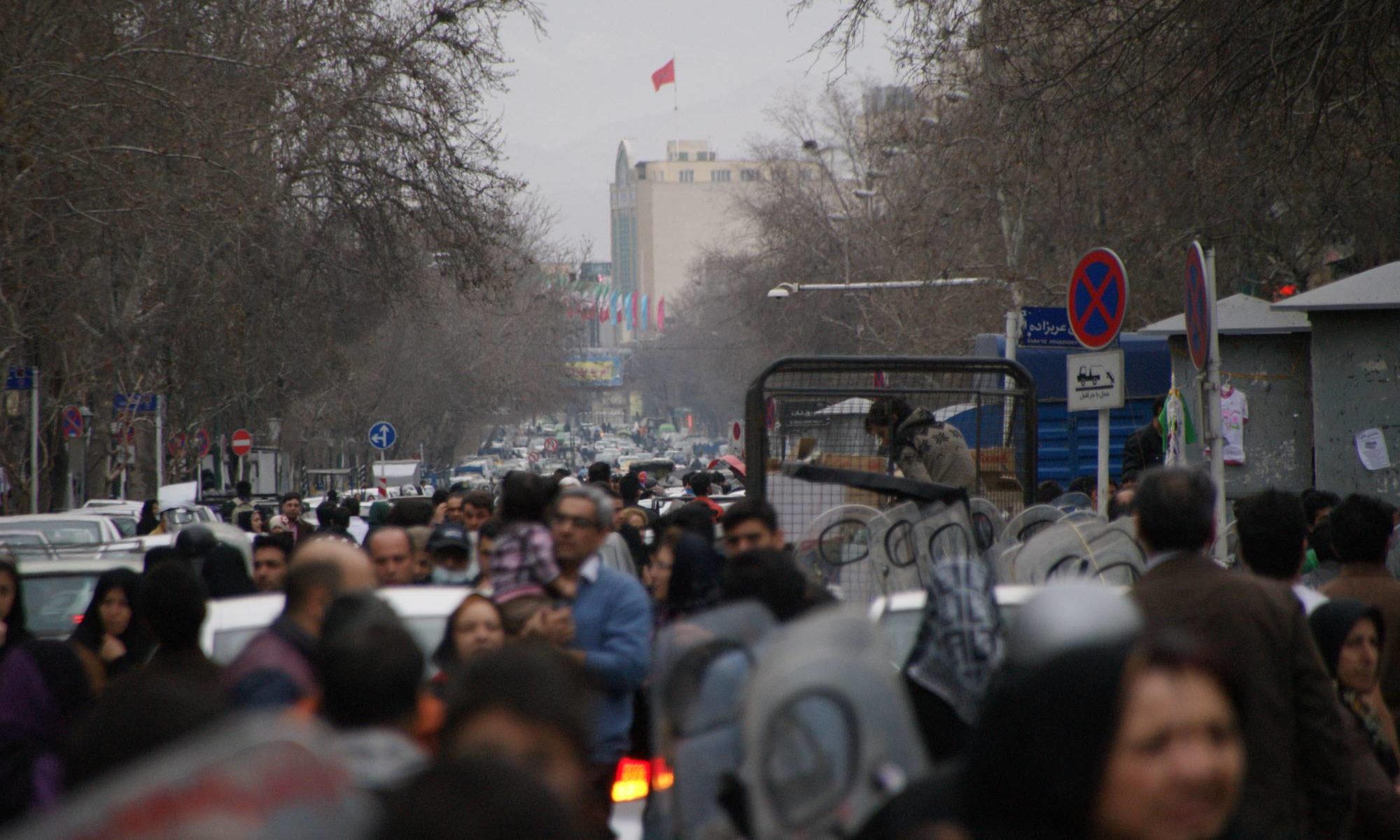Residential self-selection in developing countries and its relation to urban transportation are understudied and not fully understood. This knowledge gap is even larger for small cities in the countries of the Global South. The main reasons for not having clarity on the topic, particularly in the context of developing countries are the non-existent relevant secondary data and limited scientific findings. This study takes Hafizabad, a small city having a population of around 0.25 million and located in the central northern Punjab, Pakistan as a case study area. The main objective of this study is to provide reliable primary data, giving insights to the process of residential self-selection in developing countries. Further, it aims for more detailed quantitative analyses to ascertain the relationship of various factors on the process of residential self-selection. Finally, the results of the study will be compared for differences and similarities with the literature findings of the studies conducted in the industrially advanced countries. The findings of this study will help to inform the relevant government organizations about how to effectively devise policies for small cities as policies grafted from large metropolises or the urban development models of developed world might not work well at smaller scales.
Team
Dr.-Ing. Houshmand E. Masoumi1
Dr.-Ing. S. Atif Bilal Aslam2
Nida Naeem2
Muhammad Ahmad2
1Center for Technology and Society, Technische Universität Berlin, Germany
2Department of City and Regional Planning, University of Engineering and Technology Lahore Pakistan
